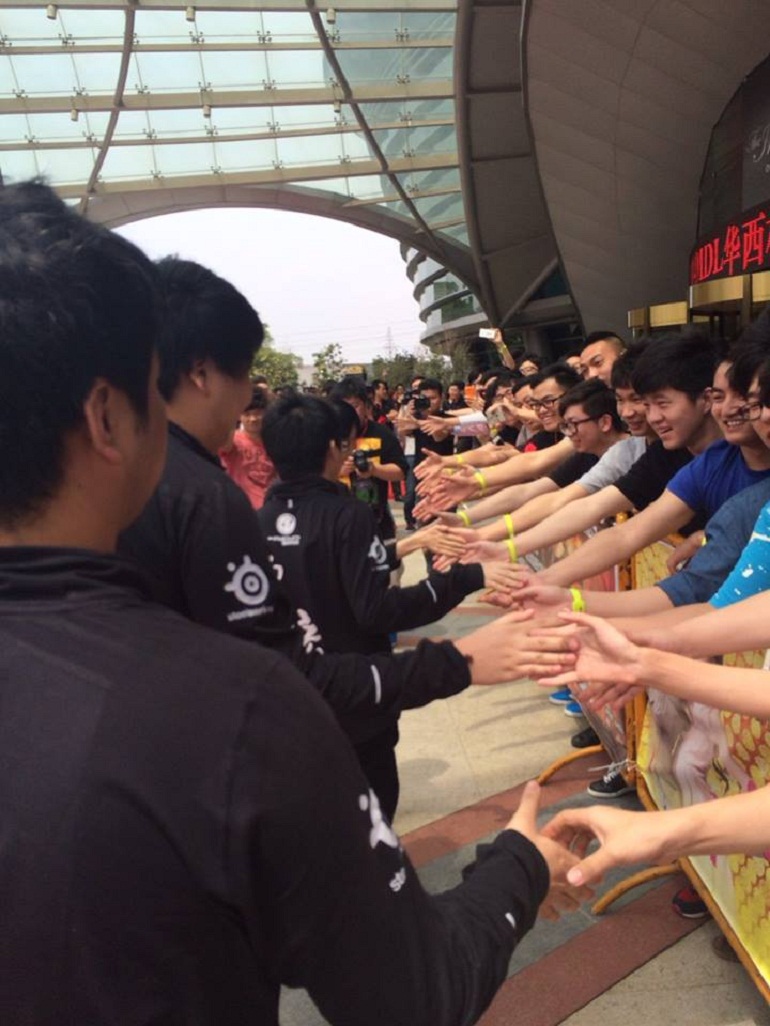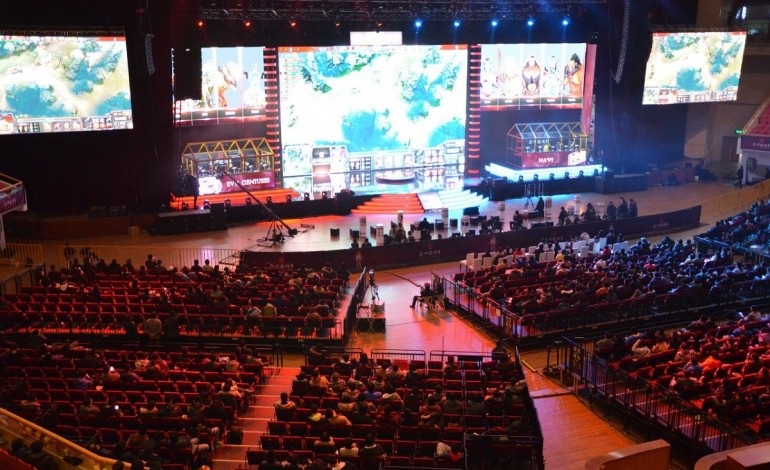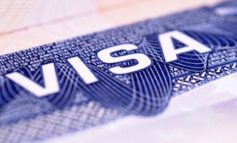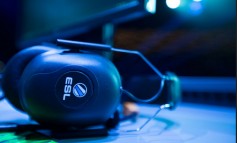The first leads of information regarding the vague, yet highly anticipated first Dota 2 Major have surfaced at TI5. Valve’s Erik Johnson has disclosed for IGN that the first Dota 2 Major – expected to take place this fall, will be held in Europe.
According to IGN, Erik Johnson – one of Valve’s business development authorities, did not provide details of the venue or country within the region and he indicated that things could change. He confirmed, contrary to some rumors, that the first Dota 2 Major would, in fact, be outsourced and held in collaboration with partners. The event can be expected to be organized in a similar manner as the Dota 2 Asia Championships (DAC) organized by Perfect World and MarsTV last winter.
We saw DAC in February. We didn’t have a huge amount to do with it. It was our partners in China at Perfect World. We did advise on it, though. (…) Expect it to be a super cool event with all the best teams in the world, same as The International. But don’t expect there to be four Internationals a year. It doesn’t seem totally sustainable. We do love this, though. We really do.
The Dota 2 Majors
Big news was released at the end of April from Valve regarding the introduction of the Dota 2 Majors – a revamping of the current approach and introduction of a new system and format for the competitive scene.
According to the information provided, Valve will be engaged in a partnership with third party organizers to host three additional “marquee” events, taking place quarterly. The International will still be the pinnacle of all the events.
The Dota Major Championships, starting this fall, will be an annual series of four marquee tournaments, one being The International. The three additional tournaments will be Valve-sponsored events hosted by third-party organizers at different locations around the world.

Impact of the Majors
It is expected that by relying on a set of consistent guidelines, teams will be able to enjoy improved focus and clarity throughout the year and tournaments will be vastly improved due to heightened quality control from Valve.
The free market had brought about tournament saturation and inconsistencies, as it left the community to regulate and run its own events. With everyone wanting a chance to turn a profit, the results often came at high costs for players and viewers.





Leave a Reply